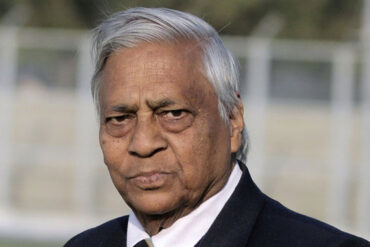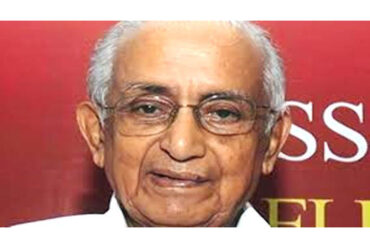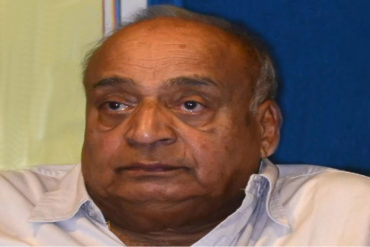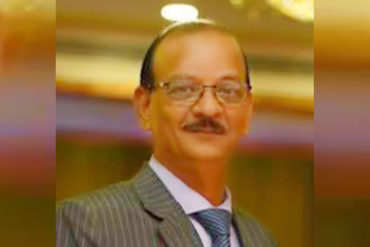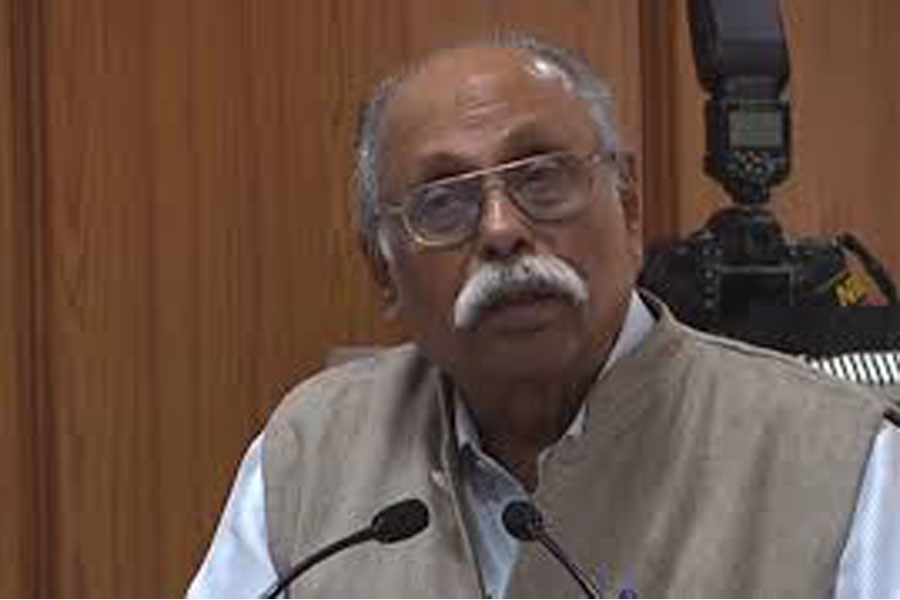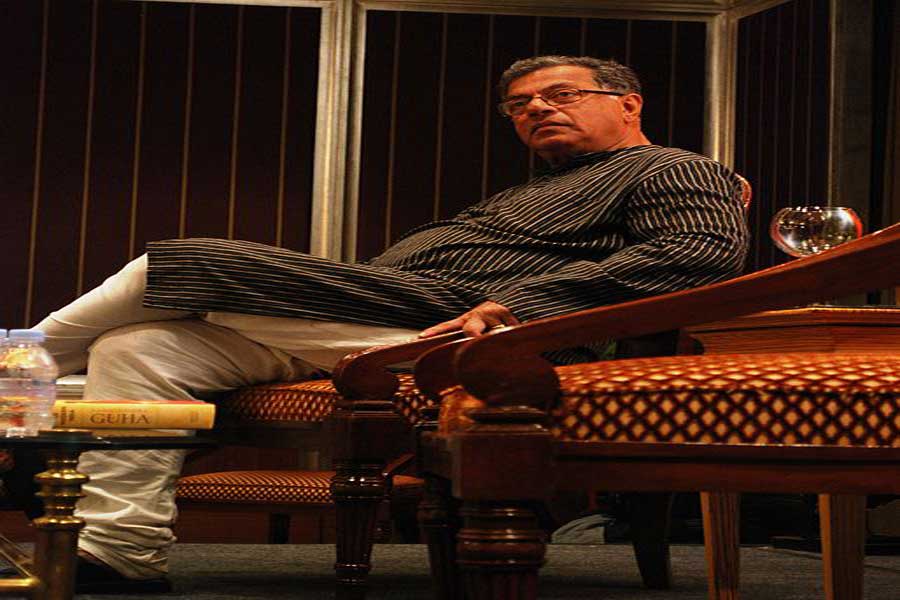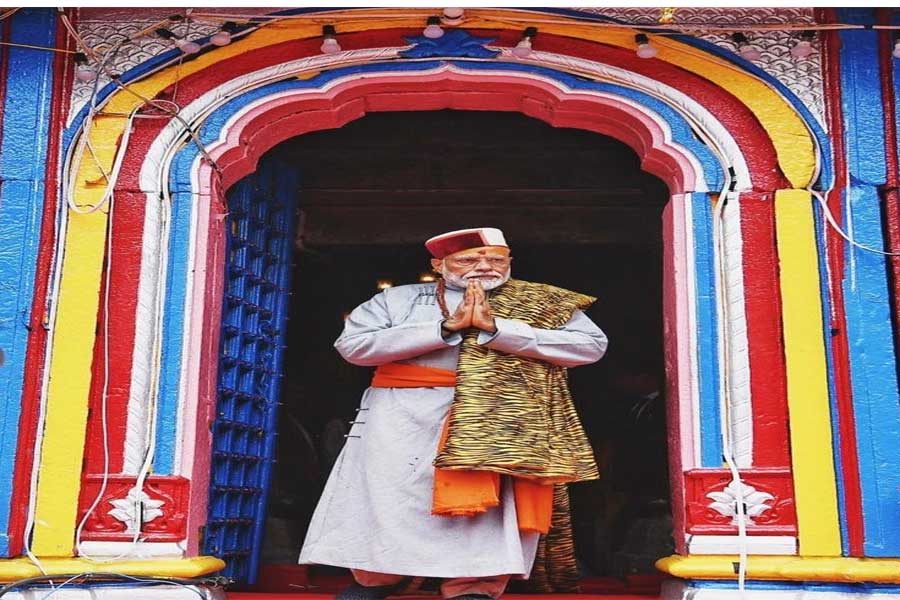Writers are dangerous when they tell the truth.
Writers are also dangerous when they tell lies.
-Ben Okri
As darkness spreads its thick cloak over us and we move further into its blinding depths, like in Eugene Ionesco’s Rhinoceros, people around us seem to turn into beasts. Girish Karnad, like a small candle with flickering lights, had illuminated the way out of this. But he is gone and, the loss to the theatre, the film industry and the intellectual landscape of the country is immeasurable. It is not just as a playwright, writer, actor, director, administrator, translator, scholar and professor that I admire Girish Karnad but, I must bow to his immense boldness and the courage of his conviction, aware only too well of my own limitations.
As a theatre director for over four decades, I have read all his plays and have been able to interact with him in small but unforgettable ways. He, along with Marathi playwright Vijay Tendulkar were pillars of modern Indian theatre as they were instrumental in shaping and giving it direction. I think his Nagamandala was among the finest of his plays. More than Hayavadana I found Nagamandala fascinating.
In 1974, while he was the Director of the Film and Television Institute of India (FTII), I was the Secretary of Charulata Film Society, Udyogamandal, Ernakulam. On a whim, I sent him a letter asking for short films made by the diploma students there. Three weeks later I got a letter requesting me to collect reels of 10 short films from the railway station. To my dismay, those were 35mm reels and we did not have the projector to screen reels of that size. That meant we had to hire a theatre. So I got in touch with the Secretary of the Ernakulam Film Society and they agreed to sponsor a theatre for a day and we got an audience of around 200 people to come and watch the films at Ashoka theatre on Ashoka road. (The theatre no longer exists) Among the noted Malayalam filmmakers we watched the first films of John Abraham, Adoor Gopalakrishnan, C J Paulose, D Gouthaman etc…
On another occasion, in 1999, I was staging Karnad’s Tughlaq which he had written in 1964. I called his home to tell him I was directing his play but he was away abroad at that time. But I soon got a mail from him giving me his blessings. And on the day the play was being staged I got a call from him but I was so nervous about the outcome of the play that I forgot to announce to the audience, later in the evening, that the playwright himself had called me. The play was staged in Ernakulam Fine Arts Hall and was covered by all the leading newspapers.
Tughlaq was directed by Ebrahim Alkazi in 1972 at Delhi’s Purana Qila. Other directors too took it up and it was directed in various languages and, each was different in interpretation. I think it marked the freedom of the director to interpret the play according to his/her perspective. The play was an allegory of the Nehruvian era and this fine critique did not spare the idealism prevailing at the time and the disillusionment that followed. What is wonderful is that between 2000 and 2003, Karnad served as a director of the Nehru Centre and as Minister of Culture in the Indian High Commission in London—something unthinkable in the present times.
Let’s not forget that Girish Karnad was first on the hit list of Hindutva extremists. A hit list was found on a person with Karnad’s name heading the list followed by journalist Gauri Lankesh and 30 others. They had gunned down Gauri Lankesh who was second on the list.
The image that will remain forever in my mind is of him attending Lankesh’s death anniversary wearing a placard on his chest with the words plastered on it: “Me Too Urban Naxal”. As Ben Okri said, writers are dangerous when they tell the truth and Karnad was not afraid of speaking the truth.
Adieu.

